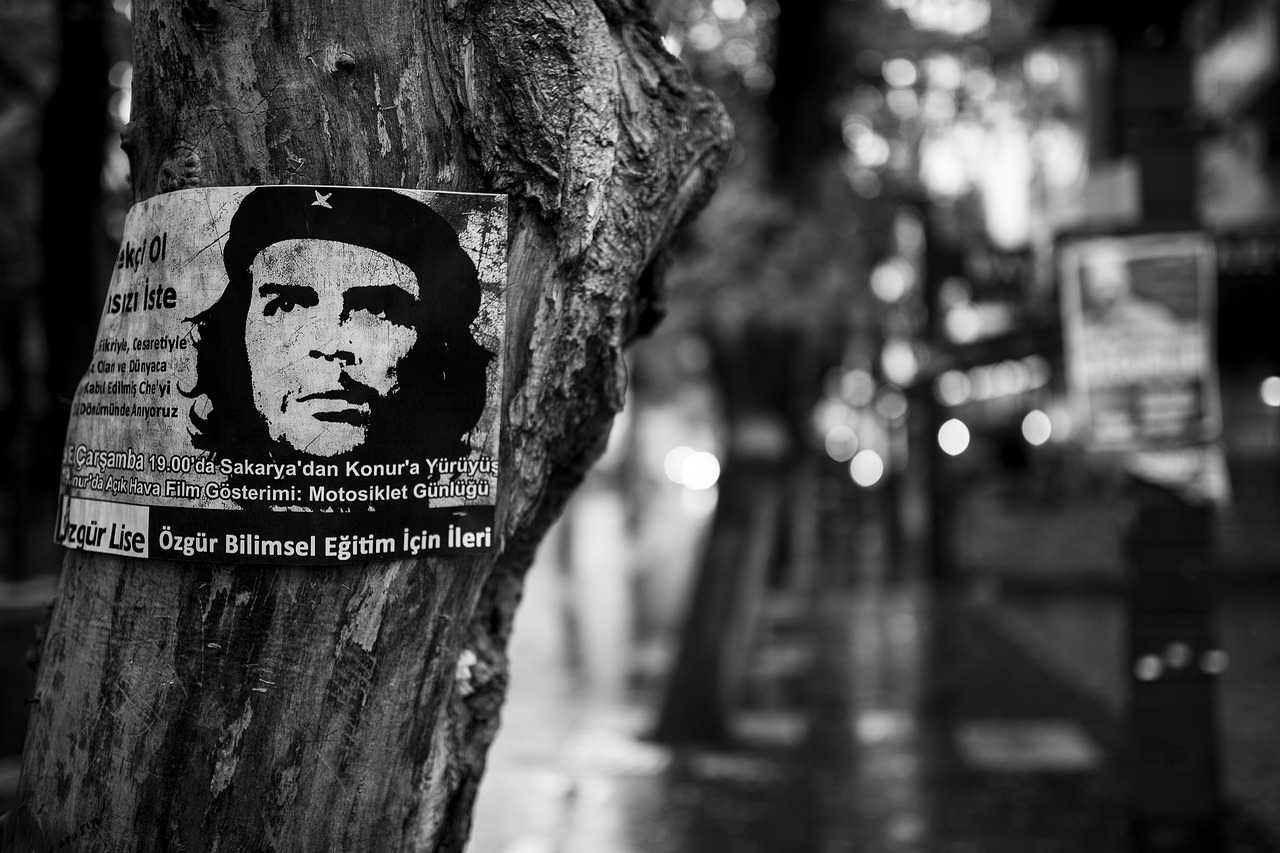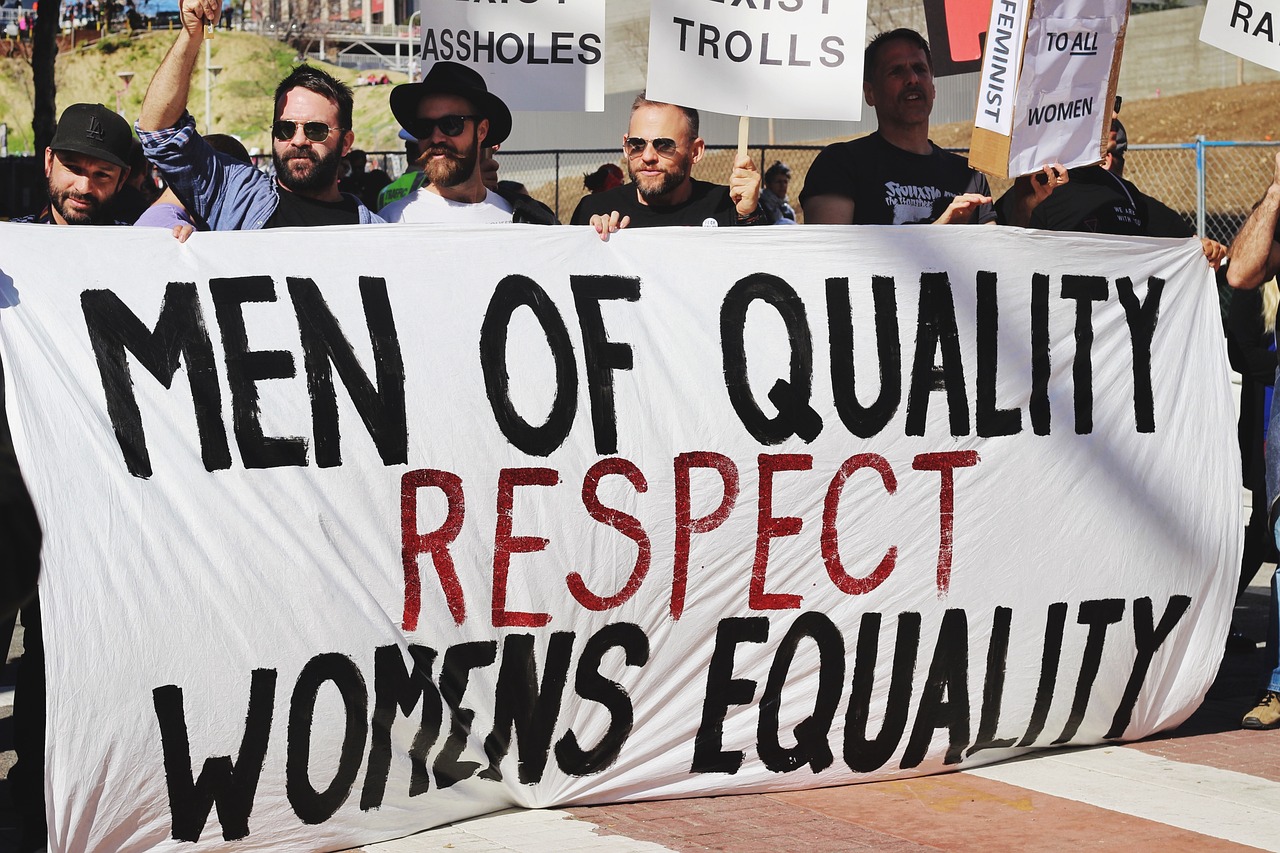
Introduction to Bayard Rustin’s Legacy
The digital archive dedicated to Bayard Rustin aims to preserve the legacy of this pivotal figure in the Civil Rights Movement. As a queer activist, Rustin’s contributions have often been overshadowed, but this initiative seeks to highlight his achievements and ensure that his story is accessible for future generations. The Bayard Rustin Center for Social Justice is set to launch this digital archive in fall 2025, featuring a wealth of resources, including articles, photographs, videos, telegrams, and speeches related to his work. ## What is the Bayard Rustin Center for Social Justice. Q: What is the purpose of the Bayard Rustin Center for Social Justice?
A: The Bayard Rustin Center for Social Justice aims to create a comprehensive digital archive that celebrates Rustin’s life and contributions to social justice. This archive will serve as a central repository where individuals can access a variety of resources and also contribute their own stories, further enriching the historical record.
Why is Bayard Rustin Important
Q: Why should we celebrate Bayard Rustin’s legacy?
A: Bayard Rustin was a key architect of the March on Washington, which took place in 1963 and attracted over 250, 000 attendees. His role in organizing this monumental event underscored his significance in the Civil Rights Movement. Rustin’s teachings on nonviolence and social justice continue to influence contemporary activism, making his legacy particularly relevant today.

The Role of Technology in Preserving History
Q: How does technology contribute to preserving Rustin’s legacy?
A: The digital archive will utilize modern technology to compile and present Rustin’s history in a cohesive manner. By digitizing rare footage and documents, the archive makes it easier for people to access Rustin’s contributions. For example, recently uncovered footage of Rustin speaking at a 1964 rally highlights his powerful oratory skills and commitment to civil rights.

The Need for a Centralized Archive
Q: Why is there a need for a centralized archive on Rustin?
A: According to ROIt Martin Seda-Schreiber, the center’s founder, there is a significant gap in historical resources about Rustin. Many materials are scattered across various institutions, making it difficult for researchers and the public to access them. The centralized archive will fill this void, providing a comprehensive view of Rustin’s life and work.

The Impact of Bayard Rustin on Activism
Q: How has Rustin influenced modern activism?
A: Bayard Rustin’s principles of nonviolent resistance and community organizing have shaped the tactics of contemporary movements. David J. Johns, executive director of the National Black Justice Collective, credits Rustin’s legacy for the successes achieved in advocating for Black queer rights. His influence is evident in the strategies used by today’s activists, who continue to fight for social justice and equity.

Rustin’s Life and Activism
Q: What were some significant events in Rustin’s life?
A: Rustin was born into a family steeped in activism, which laid the groundwork for his lifelong commitment to social justice. He faced numerous challenges, including being expelled from Wilberforce University for organizing a strike against racial injustice. His arrest 23 times, including a 1953 conviction for vagrancy, highlights the systemic discrimination he faced as an openly gay Black man.

The Importance of Representation
Q: Why is Rustin’s representation crucial for the LGBTQ+ community?
A: Rustin serves as a historical figure for the LGBTQ+ community, illustrating that one can be both queer and a significant leader in social movements. His story provides visibility and inspiration for younger generations who may feel marginalized. The recent Netflix biopic “Rustin” aims to further elevate his legacy by showcasing his contributions to the Civil Rights Movement.
Conclusion on Rustin’s Legacy
In conclusion, the establishment of the Bayard Rustin digital archive represents a crucial step in preserving the legacy of a complex and influential figure in American history. By highlighting Rustin’s contributions as a queer civil rights activist, the archive not only honors his memory but also serves as a resource for future activists. This effort ensures that the lessons learned from Rustin’s life continue to resonate in ongoing social justice movements.






